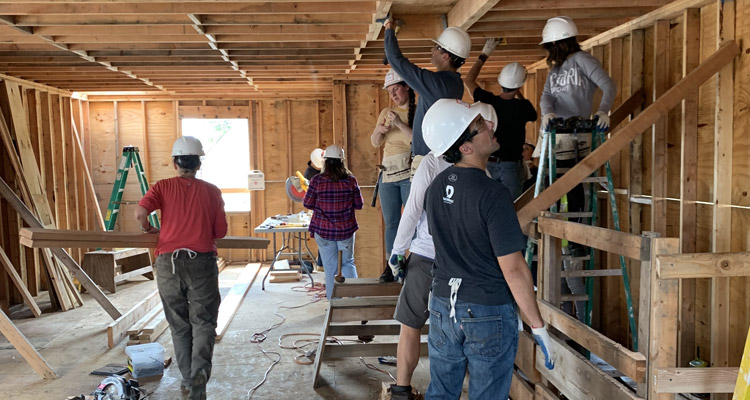The semi-parametric proportionalhazards model is widely adopted in randomized clinical trials withtime-to-event outcomes, and the log-rank test is frequently used to detect apotential treatment effect. Immuno-oncology therapies pose unique challenges tothe design of a trial as the treatment effect may be delayed, which violatesthe proportional hazards assumption, and the log-rank test has been shown tomarkedly lose power under the non-proportional hazards setting. A novel designand analysis approach for immuno-oncology trials is proposed through apiecewise treatment effect function, which is capable of detecting apotentially delayed treatment effect. The number of events required for thetrial will be determined to ensure sufficient power for both the overalllog-rank test without a delayed effect and the test beyond the delayed periodwhen such a delay exists. The existence of a treatment delay is determined by alikelihood ratio test with resampling. Numerical results show that the proposeddesign adequately controls the Type I error rate, has a minimal loss in powerunder the proportional hazards setting and is markedly more powerful than the log-ranktest with a delayed treatment effect.
Keywords: Clinical trial design; Immuno-oncology; Change point; Non-proportional hazards










